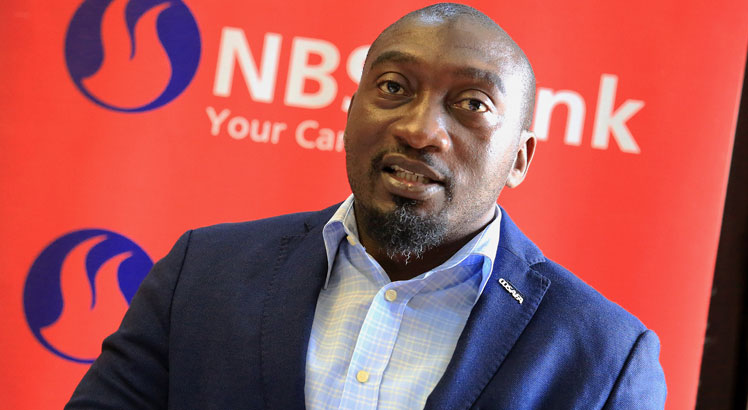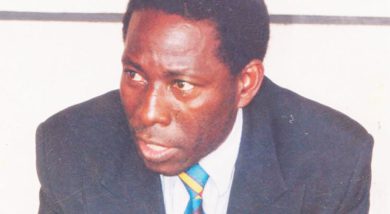Sports Policy up for review amid questions

The National Sports Policy is up for routine review, but there are questions on whether most sports authorities use it.
Most officials said they have never seen the sports blueprint policy launched in 2006.
The Ministry of Youth and Sports director Jameson Ndalama confirmed that the supposed sports living document needed renewal although it did not have a lifespan.
“It is relevant but the recommendation was that it would be reviewed after five years, which was last year. We budgeted for it [review]. But we are waiting for funding. To assess properly a policy, you first need to look at how effective was the dissemination of information, how many people received copies and whether there was monitoring. We need feedback,” Ndalama explained on Monday.
Basketball Association of Malawi vice-president Ben Mlasaanthu and renowned football administrator Fanuel Nkhono admitted to have never come across the policy.
Sports Council executive secretary George Jana was not available for comment.
“Sports Council, as the mother body for our sport, should endeavour to communicate effectively to key stakeholders and get feedback that will help in the development of sports in Malawi. Deliberate forums such as business meetings would be ideal,” the Escom United (now Kabula United) chairperson Nkhono said.
Former Sports Minister Jaffalie Mussa launched the policy at the Blantyre Youth Centre, hoping it would give direction on how to commercialise sports, open up sports to the physically and mentally challenged curb vices such as hooliganism and make physical education (PE) mandatory in schools.
One of the key objectives of the policy was also to introduce tax rebates for sports sponsors and introducing sports levies but these have not been met with companies such as TNM recently openly complaining about high sponsorship taxes.
“Designing policies that ensure that associations are run by people with high integrity and moral standards,” reads the policy, “designing and enforcing code of conduct to fight against hooliganism in sports. Instituting heavy penalties for perpetrators of violence and vandalism at sports events/fields.”
For physical education (PE), Ndalama admitted the policy has flopped due to institutional challenges arising from the delinking of sports from the Ministry of Education. PE is no longer taught in schools and in some cases qualified PE teachers are sidelined in schools such as Mwanza District.
“PE is a challenge because the sports department is in the Sports Ministry and yet implementation is supposed to take place in another Ministry of Education,” said Ndalama.
Malawi is yet to produce a qualified athlete to major sporting event such as the Olympic Games but sends athletes on prescribed quota on solidarity grounds.





